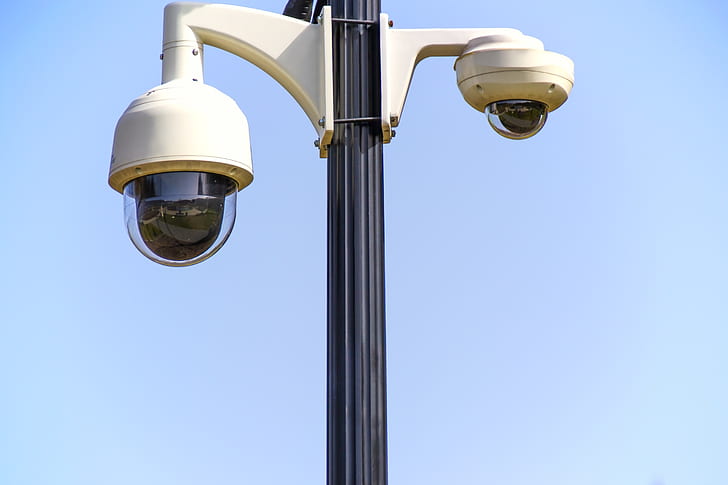Alternative Energy
The Many Forms and Uses of Electronics

Electronics encompass the entire science, engineering, technology, and medical applications that deal with the flow, voltage, and control of atoms and molecules in matter and air. A very important part of the world today is electronics. It is said that there are at least 2.5 billion electronic devices in use in our civilization. There are a vast array of new devices and modern upgrades being applied to old devices. The future of electronics is promising and ever-changing.
Many people do not realize that electronics is more than just the circuits and wires connecting an appliance to the wall. Even when people refer to electronics as just circuits they are wrong. Electronics are made up of tiny components that interact and change electronic signals and actions to produce electrical current and power.
Inside of most electronic devices is tiny electric currents that are produced by transistors. The electric field created by the electrons flowing through an atom produces tiny electric currents that are captured by conducting materials such as copper wire, diodes, or plastics. These electric fields are captured by special connectors called conductors. To give current to a circuit, these small electric currents are coupled into conductors which are referred to as cables or wires.
The major components of electronics are the electronic devices themselves along with integrated circuits and voltage regulators. Electronic devices can be anything from simple circuits with one or two working components to very complex integrated circuits containing thousands of working parts. The most common type of electronic device is a computer. It is probably safe to say that every single appliance in your home (and maybe in your office) is a computer. Computers can include cell phone Integrated Circuits (IC’s) and microprocessors. In addition, many automobiles contain onboard computers.
Some people believe that electronics are very complicated and cannot be understood. While this may not always be true, electricity is certainly much more practical than trying to create electrical appliances from scratch and it is much less expensive to implement simple electricity solutions than it is to build elaborate, energy-inefficient electronic circuits. Additionally, many electronics projects do not require the skills of a professional, although they do require some knowledge of electronics.
For example, a person can build an electronics project just by purchasing an LCD screen and some resistive and Capacitive TFT monitors and connecting them to create a display. However, if that person did not know much about electronics he could probably make the monitor burn out or he could damage the monitors. That person can also make simple electricity using household items like a bicycle motor or a hairdryer. A person can also create simple electricity projects like solar panels for homes or cars, and battery chargers to store excess electricity. Regardless of whether a person knows a lot about electronics or not, he or she can easily implement some simple ideas to design their own electronic home or car chargers.

